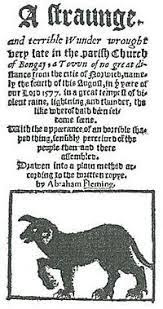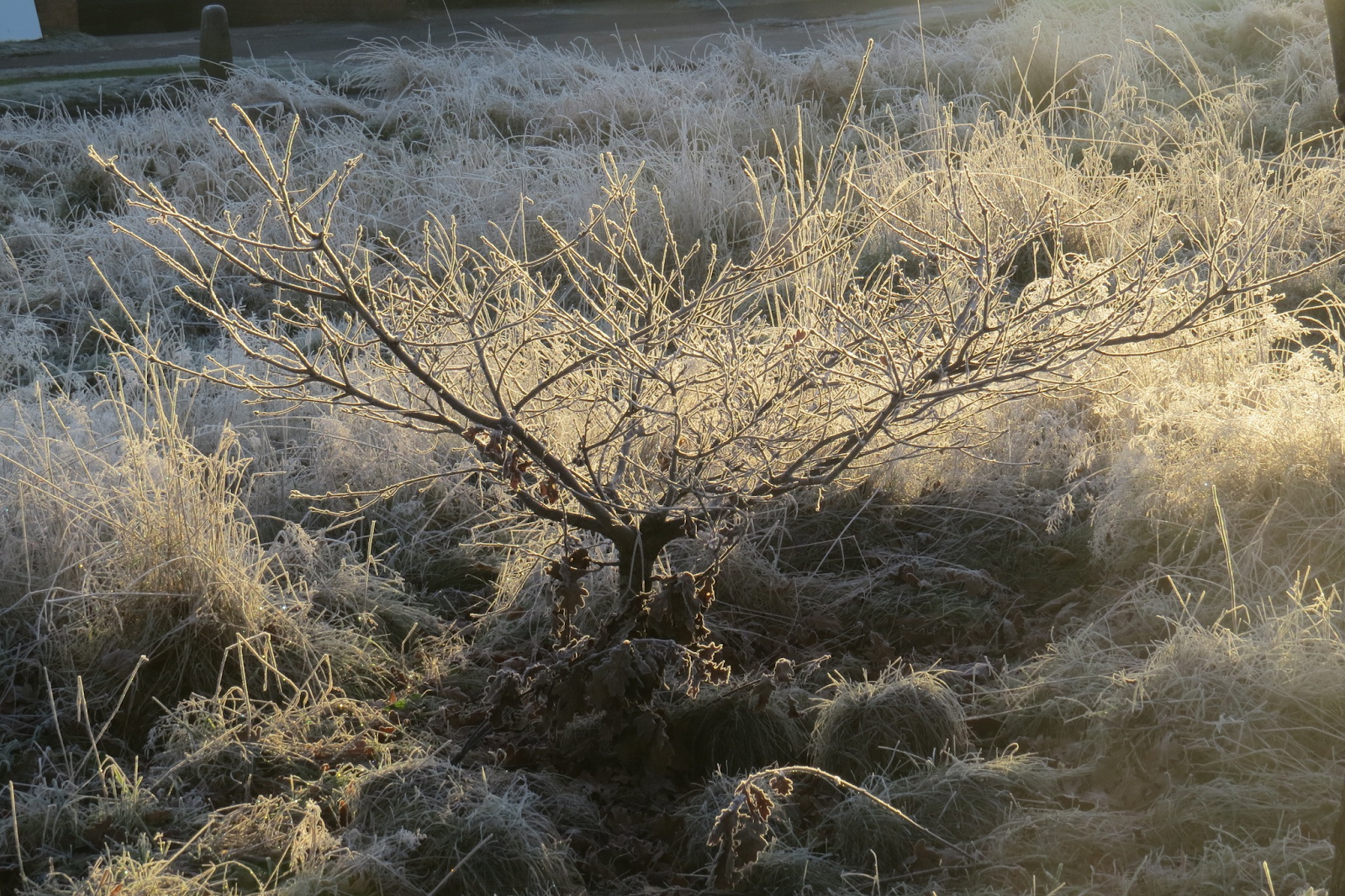Future history at risk in the internet age

AN OBVIOUS but often unnoticed consequence of the death of the local paper is that future history might be rather flimsier than today's. I'm about to start work on my dissertation, which will delve into the Welsh workhouses of the nineteenth century. An obvious advantage in trying to understand social conditions in this period - compared to say 1512 - is the increasing abundance of press coverage which offers insight into daily life at the level of local towns and villages. While no source is infallible, print journalism was a form of record-keeping that tilted coverage much more firmly in the favour of ordinary people. Initially of course such outlets were not the platforms of community news they would later become but fast forward to the twentieth century and titles were undeniably offering your average resident a platform. School fetes, political rucks, footie matches, live shows and crimes were set in type and published. One of the few joys of my brief stint as acting edit





